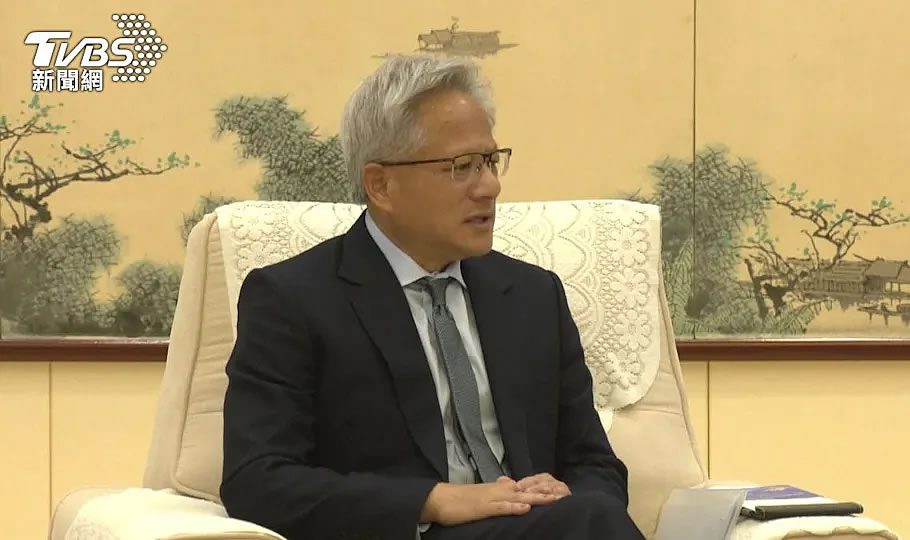Nvidia is developing a new artificial intelligence (AI) chip specifically for China, aiming to navigate U.S. export restrictions and recapture a significant portion of the Chinese market. This move follows limitations imposed on the export of Nvidia’s more advanced chips, such as the H20 model.
According to a Reuters report citing sources familiar with the matter, Nvidia plans to begin mass production of the new AI chip in June. This chip will be part of Nvidia’s latest generation of AI technology but with specifications tailored to meet U.S. export regulations.
The new chip is expected to be priced between $6,500 and $8,000, significantly lower than the $10,000 to $12,000 price tag of the restricted H20 model. This price reduction is attributed to lower specifications and simpler manufacturing requirements.
In response to inquiries, an Nvidia spokesperson stated that the company is still evaluating its options. “Until we settle on a new product design and receive approval from the US government, we are effectively foreclosed from China’s $50 billion data center market,” the spokesperson noted.
Why is Nvidia Developing a China-Specific AI Chip?
Several factors are driving Nvidia’s decision to create a chip specifically for the Chinese market:
- U.S. Export Restrictions: The U.S. government has imposed restrictions on the export of advanced AI chips to China, citing concerns that the technology could be used in supercomputers with potential military applications.
- Market Share: China represents a substantial market for Nvidia, accounting for 13% of its sales in the past financial year. Restrictions have caused Nvidia’s market share to decline significantly.
- Competition: Shenzhen-based Huawei is emerging as a strong competitor, developing AI chips like the Ascend 910D to rival Nvidia’s offerings.
Impact of U.S. Restrictions
The U.S. government’s actions have significantly impacted Nvidia’s presence in China.
- Export Licenses: In April, Nvidia was informed that export licenses were required for its H20 chips, specifically mentioning China as a region of concern.
- Market Share Decline: Nvidia CEO Jensen Huang noted that the company’s market share in China has dropped from 95% before 2022 to approximately 50% currently, following the initial export restrictions.
Nvidia is actively seeking to comply with U.S. regulations while maintaining its presence in the crucial Chinese market. Huang stated, “We will continue to make tremendous efforts to optimize compliant products and continue serving the Chinese market.” The new chip is designed to meet current U.S. bandwidth limits of 1.7 terabytes per second.

Nvidia’s Financial Outlook
The news of the new chip comes ahead of Nvidia’s quarterly earnings report, scheduled for release on May 28. Analysts anticipate strong revenue growth, driven by the increasing demand for AI chips. Analysts expect Nvidia to report quarterly revenue of $43.4 billion, 66% higher year-over-year.
Despite the challenges posed by export restrictions, analysts remain optimistic about Nvidia’s prospects. Oppenheimer analysts noted, “We see upside … despite the loss of H20 sales to China.”